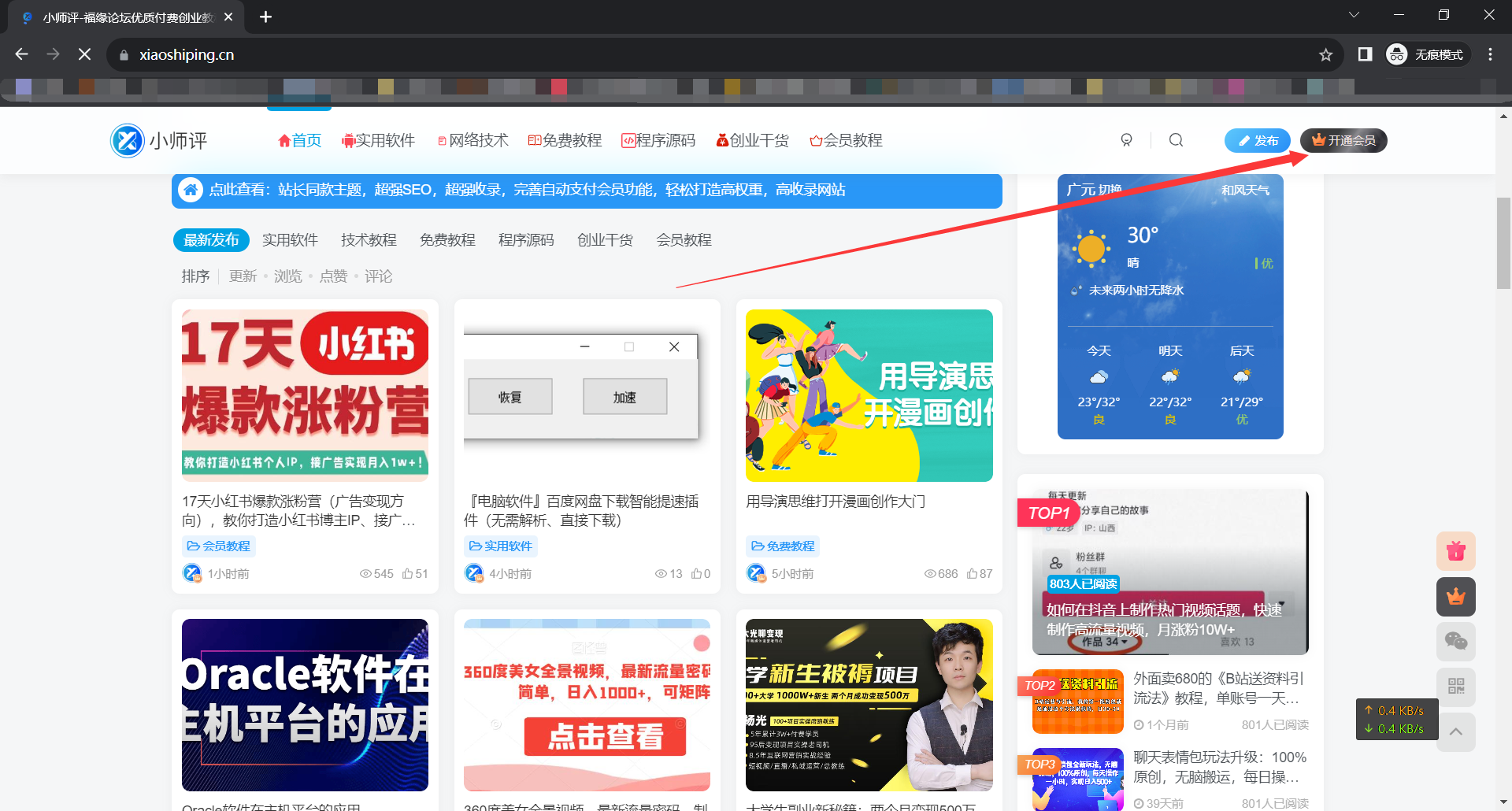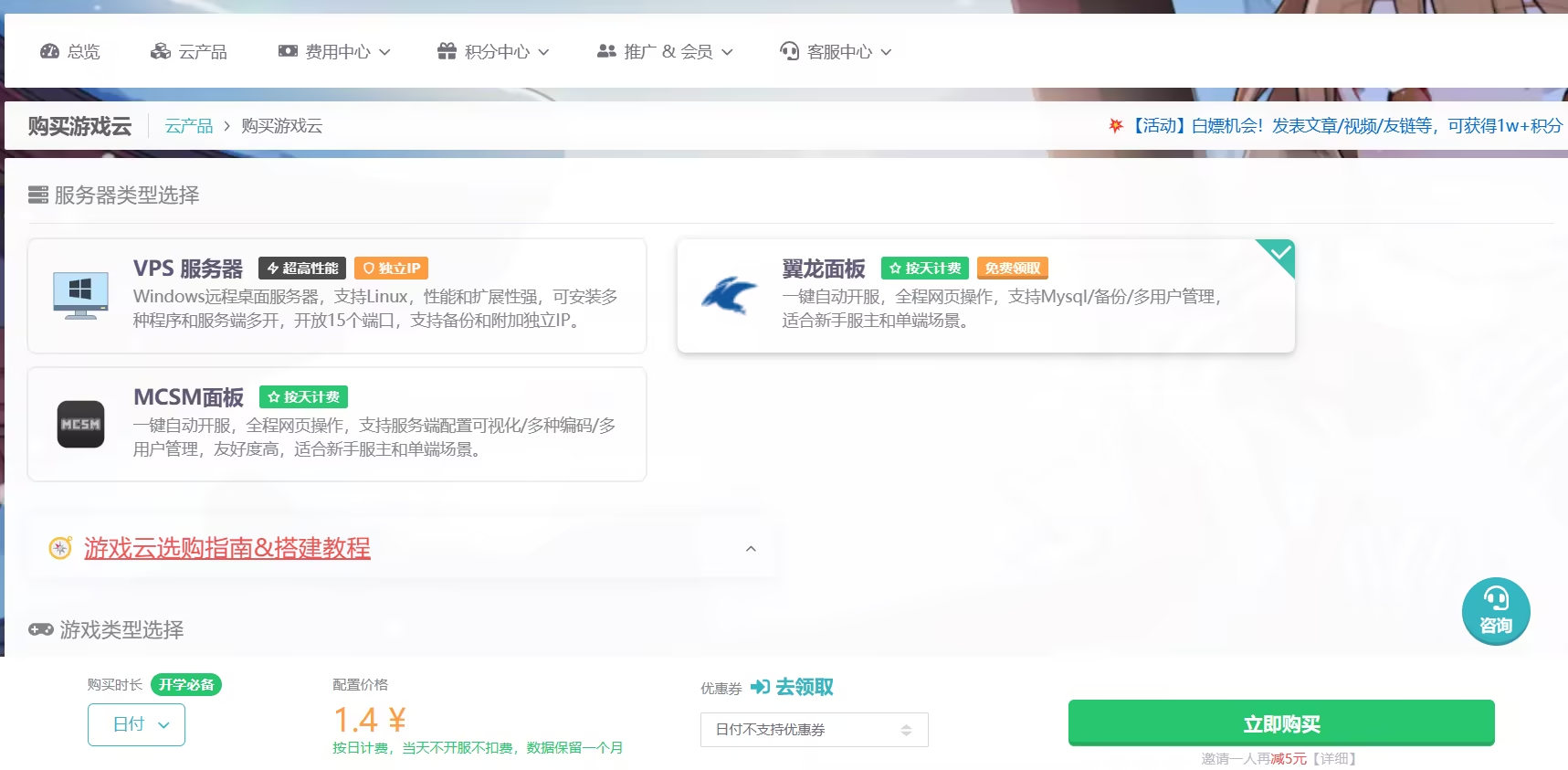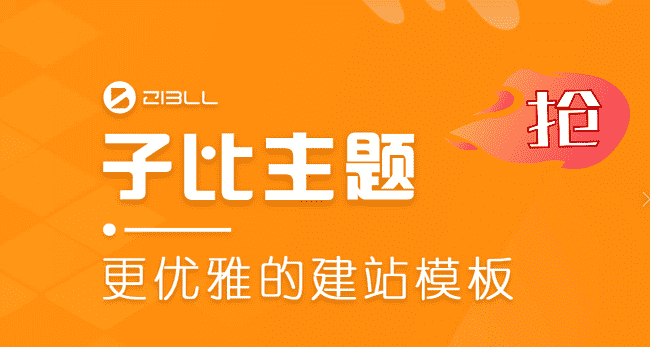在2024年世界人工智能大会的产业发展主论坛上,百度创始人李彦宏发表了演讲。他强调,在人工智能时代,开发具有高度实用性的“超级能干”应用比追求日活跃用户数量(DAU)达到10亿的“超级应用”更为重要。李彦宏认为,应该超越移动时代的思考模式,避免陷入“超级应用陷阱”,认识到成功的定义不应仅限于用户数量。
李彦宏提出,智能体是开发AI应用的最简单形式,也是他最看好的AI应用发展方向。他指出,开源大模型在学术研究和教学领域有其价值,但在商业竞争中,闭源模型因其效率和成本优势更为适用。他解释说,开源模型需要更大的参数规模才能与闭源模型竞争,这会导致更高的推理成本和更慢的反应速度。此外,使用开源模型可能导致无法共享算力和从基础模型的持续升级中获益。
他还提到,百度在小说创作上从开源模型转向闭源模型后,小说生成的可用率和优质率有了显著提升。李彦宏认为,大模型的价值在于其在具体应用中的表现,而不仅仅是模型本身。
关于AI应用的重要性,李彦宏举例说明,AI应用在快递行业通过大模型处理订单,显著提高了效率。他还提到,百度的文心快码在代码生成领域正在逐步渗透,并在百度内部已有约30%的代码由AI生成。
李彦宏预测,随着基础模型能力的增强,开发智能体将变得越来越简单,未来将出现数百万量级的智能体,形成庞大的生态系统。他以百度的高考智能体为例,说明了智能体在实际应用中的巨大潜力。
最后,李彦宏讨论了AI是否会取代人类工作的问题,他认为AI目前更多是作为辅助工具,而不是替代者。AI技术的发展已经创造了一些新的工作机会,如数据标注师和提示词工程师。他强调,AI永远只是工具,目的是为了满足人类需求、增强人类能力,让生活更美好。
At the main forum of the 2024 World Artificial Intelligence Conference on industrial development, Baidu’s founder Robin Li delivered a speech. He emphasized that in the era of artificial intelligence, developing “super capable” applications with high practicality is more important than pursuing “super applications” with a daily active user count (DAU) of 1 billion. Robin Li believes that we should transcend the thinking patterns of the mobile era, avoid falling into the “super application trap,” and recognize that the definition of success should not be limited to the number of users.
Robin Li proposed that intelligent agents are the simplest form of developing AI applications and are also the direction of AI application development he is most optimistic about. He pointed out that open-source large models have their value in academic research and teaching fields, but in commercial competition, closed-source models are more suitable due to their efficiency and cost advantages. He explained that open-source models require a larger parameter scale to compete with closed-source models, which would lead to higher inference costs and slower response speeds. In addition, using open-source models may lead to an inability to share computing power and benefit from the continuous upgrades of the basic models.
He also mentioned that after Baidu shifted from open-source models to closed-source models in novel creation, the usability and quality of the novel generation have significantly improved. Robin Li believes that the value of large models lies in their performance in specific applications, not just in the models themselves.
Regarding the importance of AI applications, Robin Li illustrated with examples that AI applications have significantly improved efficiency in the express delivery industry by processing orders through large models. He also mentioned that Baidu’s Wenxin Quick Code is gradually penetrating the field of code generation, and about 30% of the code within Baidu is already generated by AI.
Robin Li predicts that with the enhancement of the capabilities of basic models, the development of intelligent agents will become increasingly simple, and in the future, there will be millions of intelligent agents forming a huge ecosystem. He used Baidu’s college entrance examination intelligent agent as an example to illustrate the great potential of intelligent agents in practical applications.
Finally, Robin Li discussed whether AI will replace human work, and he believes that AI is currently more of an auxiliary tool rather than a substitute. The development of AI technology has created some new job opportunities, such as data annotators and prompt engineers. He emphasized that AI is and will always be just a tool, aimed at meeting human needs and enhancing human capabilities to make life better.

















